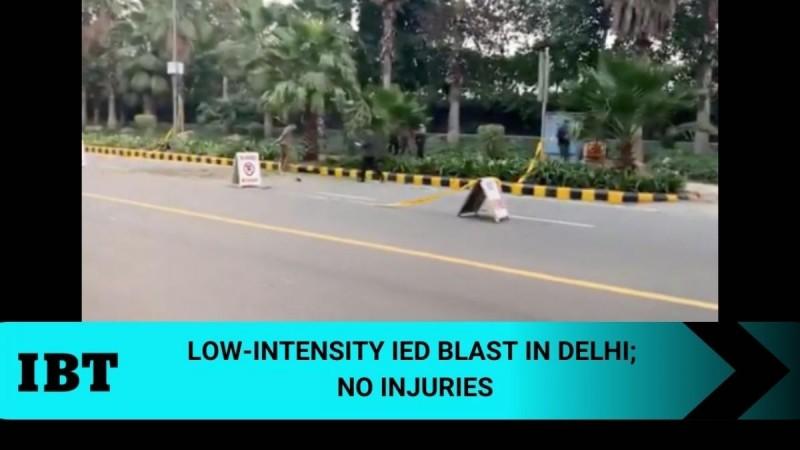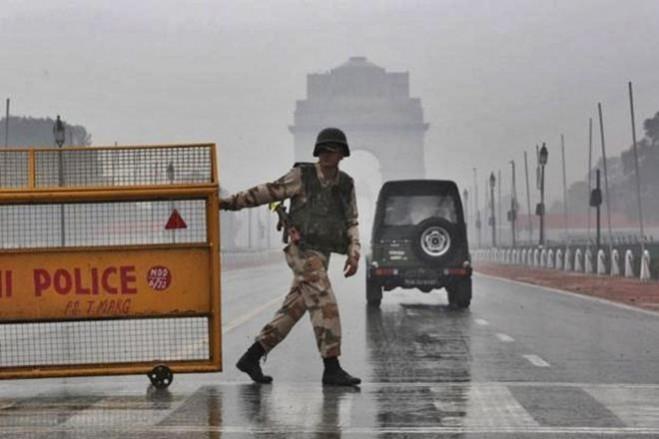Days after the violent protests in Delhi, another incident has shocked the nation's capital. A suspected IED blast was reported outside Jindal House on Friday evening. The blast took place near the Israel Embassy at the Aurangzed Road at around 5:05 p.m. The fire department, local police, NSG, NIA and forensic teams were rushed to inspect the blast site.
Following the incident, Home Minister Amit Shah was briefed by Delhi Police Chief and Director of Intelligence Bureau about the blast outside Israel embassy and the ongoing investigations. No angles being ruled out at this stage.

"A very low intensity improvised device went off at 5.05pm near 5 APJ Abdul Kalam Road near Jindal house. No injury to any person is there and nor any damage to property was witnessed except window panes of 3 vehicles parked nearby. Initial impressions suggest a mischievous attempt to create a sensation," the Delhi Police statement reads.
Low intensity IED blast near Israeli Embassy, Delhi reported.
— IBTimes ?? (@ibtimes_india) January 29, 2021
No injuries reported; 3 vehicles parked nearby damaged#delhiblast pic.twitter.com/BsMalTxIas
Blast in Delhi
The blast stirred panic in Delhi, but no injuries were reported. Three cars have been damaged in the blast. The forensic teams suspect use of black powder and an IED was planted near the pavement.

The motive behind the blast is yet to be determined. But January 29 is an important day in history for India and Israel relations. January 29, 1992, marked the formal beginning of diplomatic relations between India and Israel.
In a similar incident, there was a blast in a car at the Israeli Embassy in Delhi in 2012. Four people were injured in the terror attack.








